Introduction
Navigating the teenage years can feel like walking a tightrope, especially when your once cooperative child begins to push back against every rule and expectation. Studies show that nearly 80% of parents report experiencing some level of rebellion from their teens, highlighting how common and challenging this phase can be. Understanding teenage rebellion is essential not only for maintaining peace at home but also for fostering a strong, supportive relationship with your child that can withstand these turbulent years.
In this post, we’ll explore what causes teenagers to rebel, effective communication strategies to bridge the gap, and positive parenting techniques that can help guide your teen back on track. By the end, you’ll be equipped with practical tools to handle rebellion with confidence and care.

Understanding Teenage Rebellion
What Is Teenage Rebellion?
Teenage rebellion is a natural part of adolescent development, characterized by behaviors that challenge authority and defy established norms. Common manifestations include defiance, such as arguing with parents or refusing to follow rules; breaking curfews or engaging in risky behaviors; and experiencing mood swings that can range from irritability to outright anger. These actions are often attempts by teenagers to assert their independence and identity as they navigate the transition from childhood to adulthood.
Why Do Teenagers Rebel?
The roots of teenage rebellion are multifaceted, influenced by a combination of psychological, social, and developmental factors. Psychologically, the teenage brain is still developing, particularly in areas related to decision-making and impulse control, making them more prone to risky behavior. Socially, the desire to fit in with peers and the influence of social media can drive rebellious actions. Developmentally, teenagers are striving for autonomy, and rebellion can be a way to test boundaries and assert control over their lives. Understanding these underlying causes is key to addressing the behavior effectively.
Normal vs. Problematic Rebellion
While some degree of rebellion is a normal part of growing up, it’s important to distinguish between typical teenage behavior and signs that may indicate deeper issues. Normal rebellion is generally sporadic and situational, such as pushing back against curfews or experimenting with new styles. In contrast, problematic rebellion may involve persistent defiance, a significant decline in academic performance, or behaviors that put the teenager or others at risk, such as substance abuse or chronic truancy. Recognizing the difference helps in deciding when to intervene and potentially seek professional help.
Common Triggers for Teenage Rebellion
Parental Control and Restriction
Overly strict or controlling parenting can be a significant trigger for teenage rebellion. When parents impose rigid rules without room for negotiation or understanding, teenagers may feel stifled and react by pushing back. This reaction is often a bid for freedom, as they seek to assert their independence and escape what they perceive as an oppressive environment. While setting boundaries is important, excessively tight control can lead to a power struggle, fueling rebellious behavior as teenagers test the limits of their autonomy.
Peer Pressure and Social Influences
The influence of friends and social media plays a powerful role in shaping teenage behavior. As teenagers strive to fit in and be accepted by their peers, they may engage in rebellious acts that mirror the attitudes and behaviors of their social circle. Social media amplifies this effect by exposing teens to a broader range of influences, some of which may promote risky or defiant behavior. The desire to conform to peer expectations or emulate popular trends can lead teenagers to rebel against parental guidance, especially when they perceive it as out of touch with the social norms they value.
Desire for Independence
A natural desire for independence is at the heart of much teenage rebellion. As teenagers grow, they yearn to establish their own identity separate from their parents, and this quest for autonomy can manifest as rebellious actions. Whether it’s making decisions about their appearance, choosing friends, or setting their own schedules, the drive for self-determination often leads to conflicts with parental authority. This rebellion is typically a developmental milestone, as teens navigate the balance between independence and responsibility. Understanding this desire can help parents support their teens’ growth while guiding them through this challenging phase.

Effective Communication Strategies
Active Listening
Active listening is a cornerstone of effective communication with your teenager, particularly during rebellious phases. It involves more than just hearing words; it requires fully engaging with your teen’s concerns and perspectives. By giving your undivided attention, acknowledging their feelings, and responding thoughtfully, you demonstrate that their opinions matter. This approach not only helps build trust but also reduces the likelihood of conflict, as teenagers who feel heard are less likely to rebel in frustration or anger. Active listening creates a safe space where teens are more willing to share their thoughts, helping to bridge the communication gap.
Open Dialogue
Fostering an open dialogue with your teenager is crucial for maintaining a healthy relationship, especially when dealing with rebellion. This means creating an environment where your teen feels comfortable expressing themselves without fear of judgment or immediate consequences. Encourage honesty by being approachable and understanding, even when the conversation touches on difficult topics. Ask open-ended questions that invite your teen to share more about their feelings and experiences. By keeping the lines of communication open and free from harsh criticism, you can address issues before they escalate into larger conflicts, helping to guide your teen through challenging decisions.
Setting Boundaries with Respect
Establishing rules and expectations is necessary for maintaining structure, but doing so with respect is key to preventing further rebellion. When setting boundaries, involve your teenager in the conversation to ensure they understand the reasoning behind the rules. This collaborative approach not only makes the boundaries clearer but also helps your teen feel respected and valued in the decision-making process. Be consistent with enforcement, but also be willing to listen and adjust when appropriate. Respectful boundary-setting acknowledges your teen’s growing need for independence while still providing the guidance and structure they need to make responsible choices.
Positive Parenting Techniques
Empathy and Understanding
Empathy is a powerful tool in diffusing rebellious behavior in teenagers. By putting yourself in your teenager’s shoes and genuinely understanding their feelings and challenges, you can respond to their actions with compassion rather than frustration. When a teen feels that their emotions are recognized and validated, it often reduces the intensity of their rebellion. This empathetic approach helps to de-escalate conflicts and opens the door to more meaningful conversations. It’s not about condoning negative behavior, but about showing your teen that you care about their experiences and are willing to support them through difficult times.
Consistent and Fair Discipline
Consistency and fairness are essential when it comes to enforcing rules in a way that minimizes rebellion. Teenagers are quick to notice inconsistencies, and when discipline feels arbitrary or unfair, it can fuel further defiance. By setting clear expectations and consistently applying consequences, you create a stable environment where your teen knows what to expect. However, it’s important to balance firmness with fairness—punishments should be proportionate to the behavior and delivered in a way that focuses on learning rather than simply penalizing. Consistent and fair discipline reinforces the idea that rules are in place to guide, not control, and helps teens understand the importance of responsibility and accountability.
Encouraging Positive Behavior
Positive reinforcement plays a crucial role in reducing rebellious tendencies by shifting the focus from what your teen is doing wrong to what they’re doing right. By acknowledging and rewarding positive behavior, whether it’s through praise, privileges, or small rewards, you encourage your teen to continue making good choices. This approach not only boosts their self-esteem but also strengthens your relationship, as your teen feels appreciated and recognized for their efforts. Over time, a pattern of positive reinforcement can reduce the frequency of rebellious actions, as your teen begins to associate good behavior with positive outcomes.

When to Seek Professional Help
Identifying Red Flags
While teenage rebellion is often a normal part of growing up, certain behaviors may signal deeper issues that require professional intervention. Red flags to watch for include a sudden and dramatic change in behavior, such as severe mood swings, withdrawal from family and friends, declining academic performance, or engaging in risky activities like substance abuse. These signs may indicate underlying mental health concerns, such as depression, anxiety, or trauma, that are manifesting as rebellion. If your teen’s behavior is consistently disruptive, harmful, or beyond your ability to manage, it may be time to consider seeking professional help.
Types of Professional Support
When dealing with persistent or extreme rebellion, various forms of professional support can offer much-needed guidance. Therapy, whether individual or family-based, provides a safe space for your teen to explore their emotions and behaviors with a trained professional. Counseling can help address specific issues, such as anger management or coping with stress, and can also equip parents with strategies for handling difficult situations. Support groups, both for teens and parents, offer community and shared experiences, allowing families to connect with others facing similar challenges. Each of these options can play a crucial role in addressing the root causes of rebellion and helping your teen navigate their struggles.
How to Approach the Topic
Introducing the idea of professional help to a resistant teenager can be challenging, but it’s essential to approach the conversation with care and understanding. Begin by expressing your concerns calmly and without judgment, focusing on your teen’s well-being rather than their behavior. Emphasize that seeking help is a positive step, not a punishment, and that it’s okay to need support when facing difficult emotions or situations.
Encourage your teen to share their feelings about the idea and be open to their perspective. If they are hesitant, suggest starting with a single session to see how it feels, and reassure them that you’ll be there to support them throughout the process. By approaching the topic with empathy and patience, you can help your teen see professional help as a resource rather than a threat.
Conclusion
In navigating the complexities of teenage rebellion, it’s essential to approach the situation with a blend of understanding, effective communication, and consistent yet empathetic parenting. Recognizing the triggers of rebellion, such as the desire for independence or the influence of peers, allows you to address the root causes rather than just the symptoms. By actively listening to your teen, fostering open dialogue, and setting respectful boundaries, you create an environment where your teenager feels heard and valued. Additionally, incorporating positive parenting techniques, such as empathy and positive reinforcement, can significantly reduce rebellious behavior. Finally, knowing when to seek professional help ensures that any deeper issues are addressed promptly and appropriately.
We invite you to share your experiences with teenage rebellion or ask any questions you may have in the comments section below. Your insights and stories can help others facing similar challenges, and we’re here to provide further guidance and support. Let’s continue the conversation and work together to create a positive and nurturing environment for our teens.
Additional Resources
For those looking to deepen their understanding, consider exploring books such as “Defiant Teens: A Clinician’s Manual for Assessment and Family Intervention by Russell A. Barkley & Arthur L. Robin” and “Advanced Parenting Techniques of Rebellious Teens by Suzzie D. Santos“. These resources offer additional insights and practical advice to help you navigate the teenage years with confidence and care.
Check out our blog Signs Of A Rebellious Teenager, for more such content!
Frequently Asked Questions (FAQs)
1. Why is my teenager suddenly rebelling against everything?
Sudden rebellion in teenagers is often a normal part of their development as they strive for independence and identity. During adolescence, teens experience significant physical, emotional, and cognitive changes, which can lead to questioning authority and pushing boundaries. Additionally, external factors like peer influence, academic pressure, or social media can contribute to this behavior. Understanding that rebellion is often a way for teens to express their growing need for autonomy can help you approach the situation with empathy and patience.
2. How can I discipline my rebellious teenager without pushing them further away?
Disciplining a rebellious teenager effectively involves a balance of firmness and understanding. Start by setting clear, consistent boundaries and ensuring that your teen understands the consequences of their actions. However, it’s crucial to avoid overly harsh punishments that could exacerbate the rebellion. Instead, focus on fair and proportionate discipline that encourages learning and growth. Reinforce positive behavior with praise or rewards, and maintain open communication to help your teen understand the purpose behind the rules. This approach can help you maintain authority while also fostering a positive relationship.
3. What are some effective ways to communicate with a teenager who refuses to talk?
When a teenager shuts down communication, it’s important to create a safe and non-judgmental environment that encourages them to open up. Start by giving them space and respecting their need for privacy, but let them know that you’re available to talk whenever they’re ready. Avoid confrontational or accusatory language, and instead, use open-ended questions that invite discussion. Active listening is key—show genuine interest in their thoughts and feelings without immediately offering solutions or judgments. Over time, these strategies can help rebuild trust and encourage your teen to communicate more openly.
4. How do I know if my teenager’s rebellion is a sign of a deeper issue?
While rebellion is often a normal part of adolescence, certain behaviors may indicate underlying issues that require attention. Red flags include persistent defiance, drastic changes in behavior or mood, withdrawal from family and friends, declining academic performance, or engagement in risky activities such as substance abuse. If your teen’s rebellion is accompanied by these signs, it may be linked to mental health concerns like depression, anxiety, or unresolved trauma. In such cases, it’s important to consider seeking professional help to address these deeper issues.
5. What should I do if my teenager refuses to seek professional help?
If your teenager is resistant to the idea of professional help, it’s important to approach the situation with sensitivity and care. Start by expressing your concerns calmly, focusing on their well-being rather than labeling their behavior as problematic. Reassure them that seeking help is not a punishment, but a positive step toward feeling better. If they’re hesitant, suggest starting with a single session or exploring options like online counseling, which may feel less intimidating. Offer to accompany them or help them find a therapist they’re comfortable with. Patience is key—allow your teen time to warm up to the idea, and continue to provide support and encouragement throughout the process.
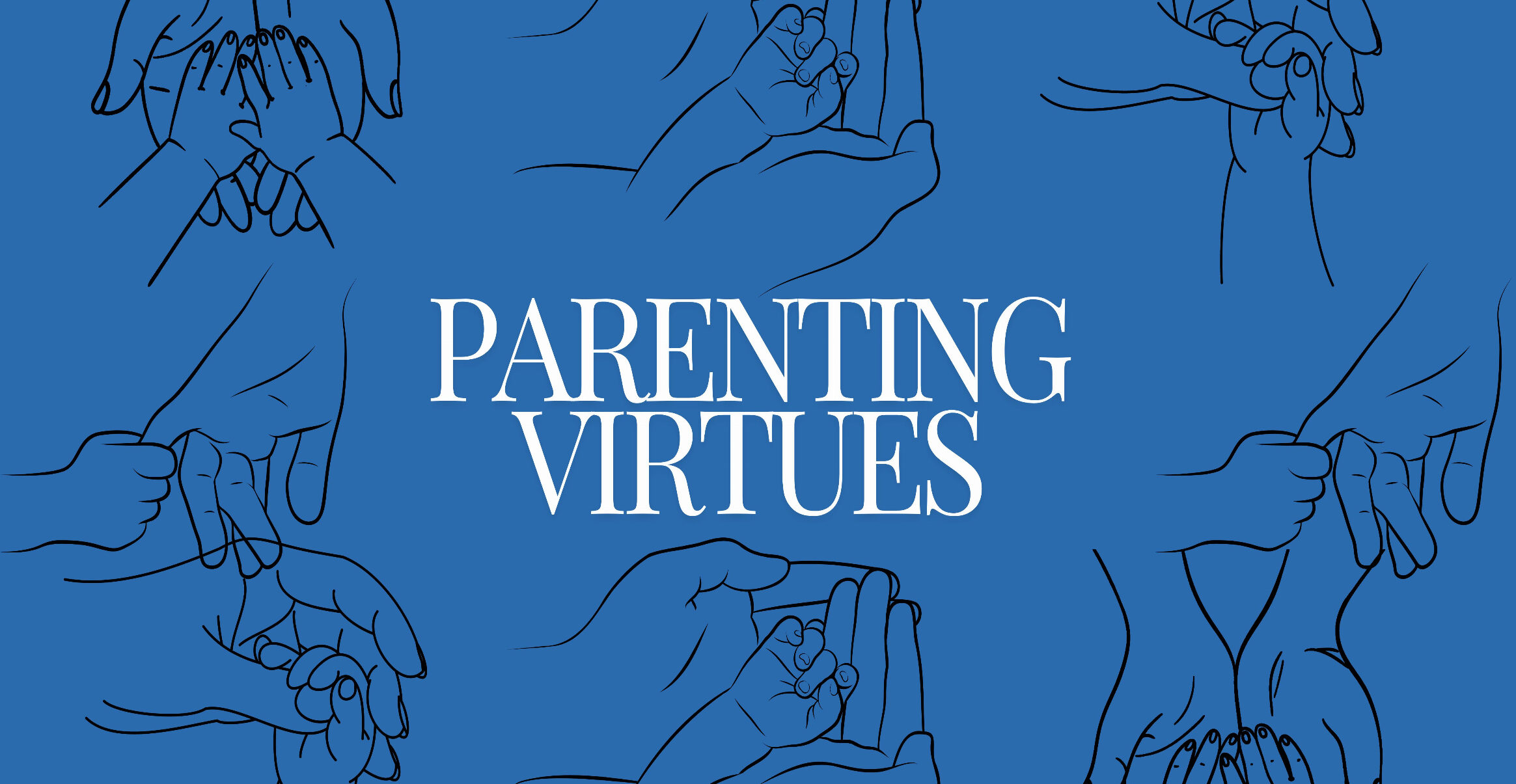

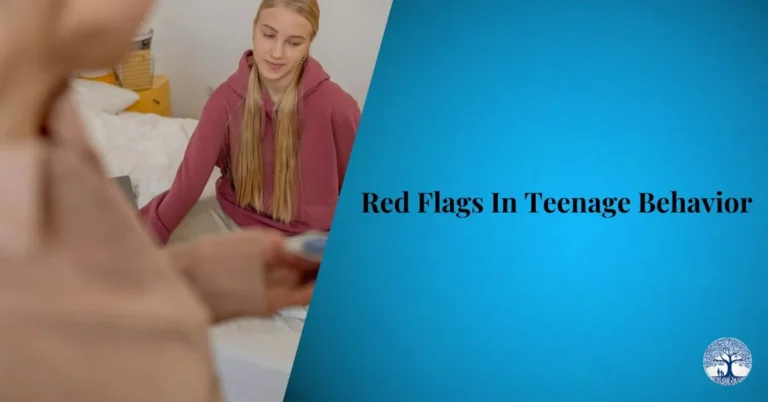
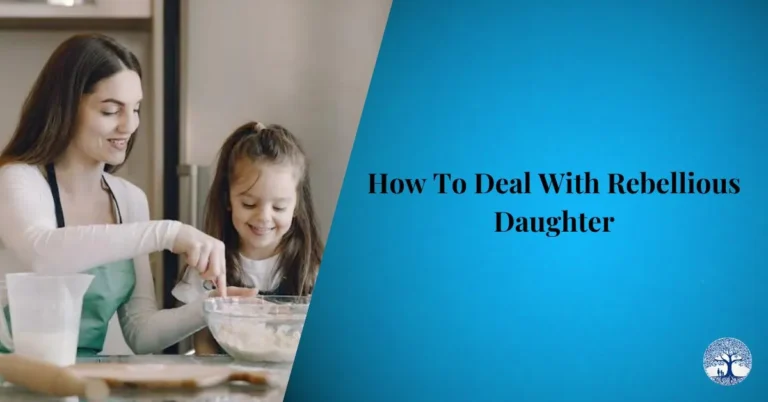


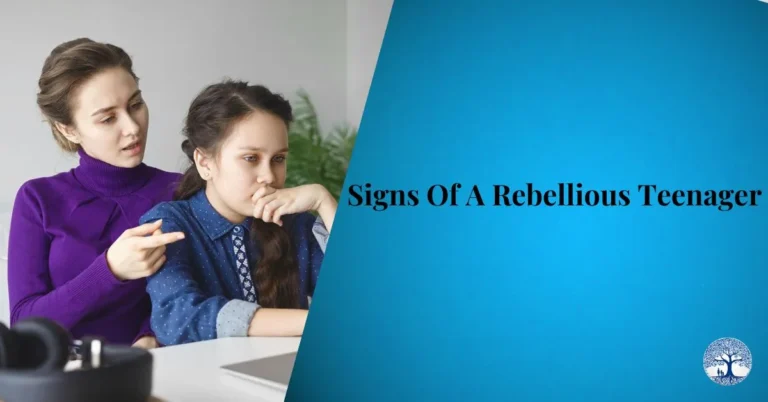
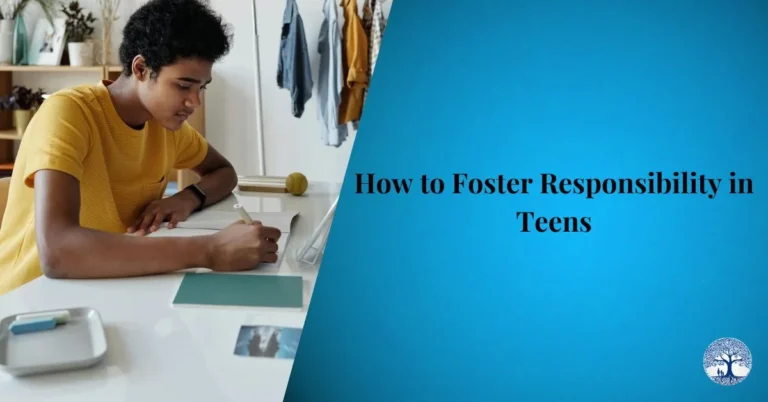
One Comment